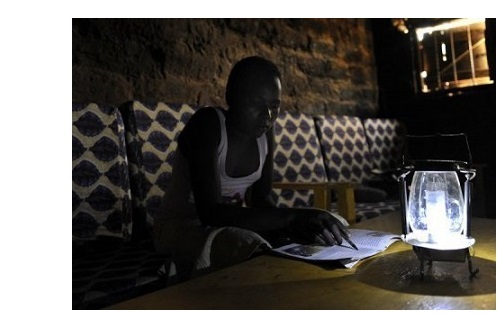According to the International Energy Agency, 1.3 billion people do not have access to electricity, which means that most economic activities need to be carried out during the day. Providing a cheap source of lighting could increase the number of daily productive hours, and could have a significant impact on the economic and entrepreneurial activities of people living in rural areas, especially women.
This study builds on the Powering Education Phase 2 project funded by the ENEL Foundation, which consists in studying the impact of providing free solar lamps on the educational attainment of 2,300 school pupils in 65 classes in the Gucha South district in Kenya. Each class was randomly allocated into two treatments: one in which all children in the class received a solar lamp, and one in which only half of the class receives a lamp, or to a control group.
The purpose of the ongoing PEDL project is to quantify and pinpoint the mechanisms through which access to light affects informal female entrepreneurship. Using students’ parents who accepted to share their mobile phone number as the sample of interest for this project, the researchers will assess the impact of the use of lamps on the time use and economic activities of the mothers of participating children. In particular, they aim to quantify the effect access to light has on the distribution of time between housework, employment and entrepreneurial activity. The second outcome of interest is the extent to which shifts in time use translate into changes in income levels. Data will be collected through mobile SMS on a weekly frequency, and the new database of will be made available upon request after the end of the project.
As many women in Low Income Countries need to carry-out both household activities and activities such as collecting wood or kerosene during daylight hours, few hours are available for paid work. The project will provide evidence on how light will affect women’s productivity and entrepreneurship with a cheap investment. This study is relevant not only for Kenya, but also for other countries that have remote rural areas without electricity, and it addresses the broader research and policy question on how energy access affects private sector development.






